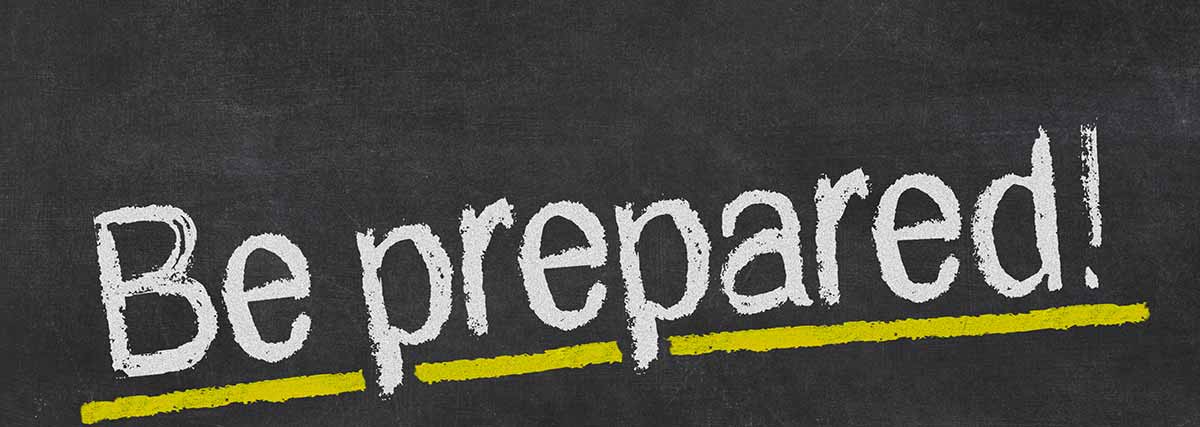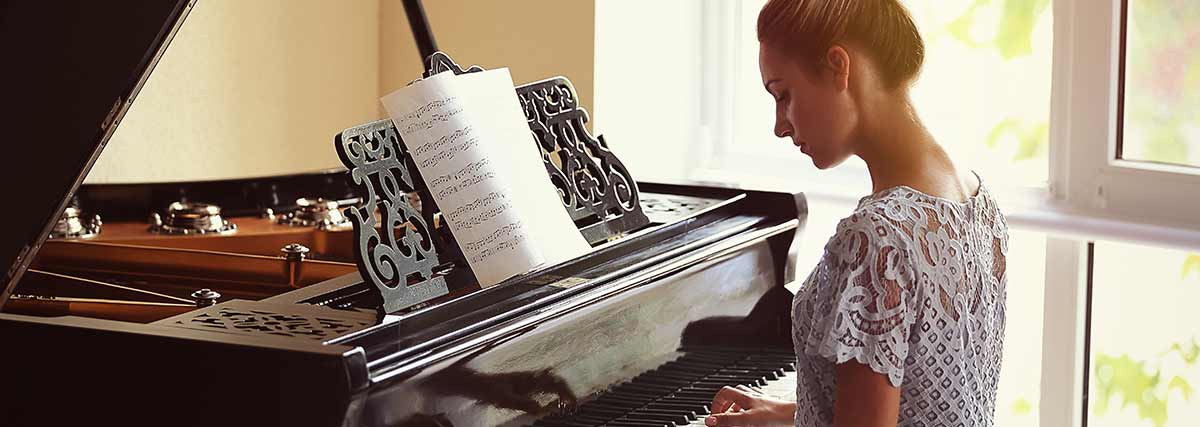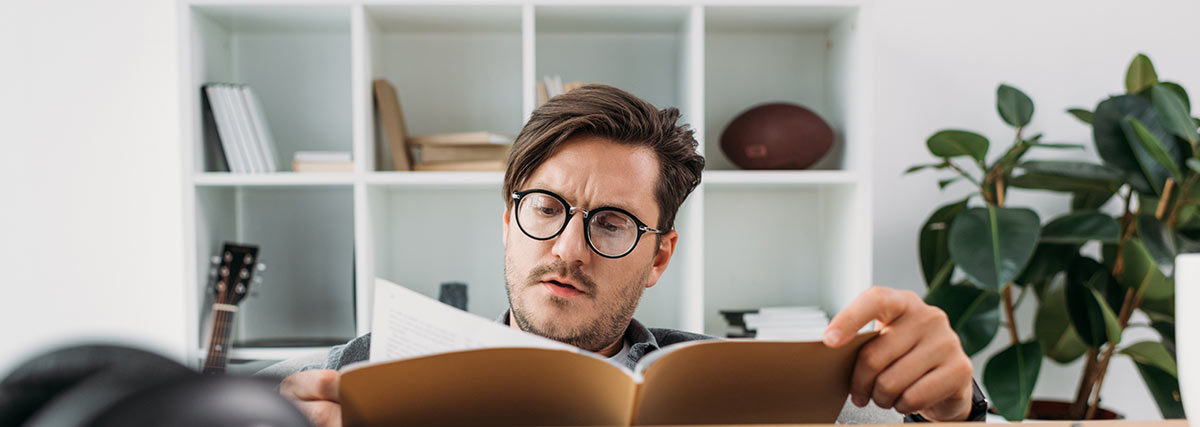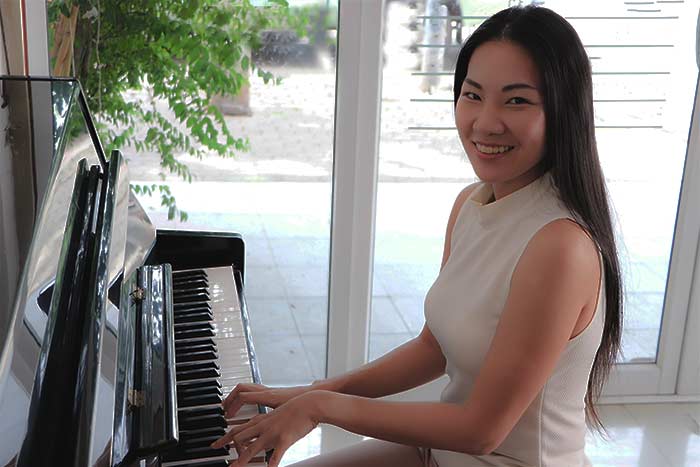Are you just starting to learn how to play the piano? Wouldn’t it be nice to see great progress and improvement in your performance skills?
You probably get frustrated. You feel like you have hit a brick wall and that you are making little or no progress at all.
You might also wonder “When will I ever be able to play my favourite piece? What should I do to improve my piano learning and make it more efficient?”
Please do not worry. It is normal to feel that way. It is, in fact, a shared frustration among piano learners. But there are ways to make your piano learning more effective and achievable.
Here are 6 tips that will help you succeed as a piano beginner.
1. Attend your piano lessons regularly
It is essential not to skip your piano lessons. In addition to missing the opportunity to get advice from your piano teacher, skipping your lessons can affect your learning momentum.
A lot can change or improve within a week. Attending your piano lessons as often as you can offers the opportunity to your teacher to monitor your progress and ensure that you are heading in the right direction without forming any bad habit.
2. Come to your piano lessons prepared
Coming to your piano lessons well-prepared will allow your piano teacher to provide you with lessons of a higher quality.
Not practising in between your lessons will result in both your teacher and yourself wasting time working on the same technical difficulties or having to discuss interpretation tips already seen in your previous lesson.
You should do all the homework that your teacher gives you to maximize the time spent at your next piano lesson.
It is advised to warm up before going to your piano lesson (whenever possible) to have your muscles ready to play without any restrictions.
Also, being prepared for your lessons gives you the confidence of performing for your piano teacher.
3. Practice daily
Like we’ve all heard before, practice makes perfect and playing the piano is surely no exception.
Practising the piano should be done as often as possible as it helps you improve your psychomotor skills.
Practising the piano daily doesn’t just help your muscles get more familiarised with the keys. It also makes you memorise your pieces faster. Muscle memory is an essential element in mastering to play the piano.
As an adult beginner, it can be challenging to practise daily. It can be tricky to fit your practice time with your busy schedule, but it is not impossible. You just need to have a lot of patience and be disciplined as it is important to train your skill every day if you want to see results.
You need to invest time working on a skill to make progress. You can start from small steps, like allotting 20 minutes of your day for practice and eventually increase it as time goes by.
By practising daily, you will become one with the touch of the piano.
You need to train your body to get used to the feeling of playing the piano.
Consistency is key!
4. Observe Slow Practice
The fastest way to learn a piece is to practise it slowly.
When you start working a new piece, you should do your best to play everything correctly.
“Correct practice” means that you should follow everything that is written on the music sheet and avoid making any mistakes. Of course, when you try and play everything on the music sheet as “perfectly” as possible, you can’t simply dive into it with the indicated tempo or speed.
First, you need to read and play the music sheet as slowly as you can to comprehend and execute every detail written. You will have more time to pay attention to small details aside from trying to play every note correctly.
5. Listen to piano music
Being exposed to the music that you want to play can inspire you to study and learn more about it. Frequently listening to the music that you are studying will make your ears more familiar with it.
Listening to the pieces you are learning played by other musicians can give you a lot of insights and interpretation ideas.
It will increase your knowledge and understanding of musical phrases as well as showing you how they observe music dynamics.
It is also important to listen to yourself play. You need to be aware of your sound production to make your interpretation agreeable to your audience.
6. Learn basic music theory
Learning music theory is like learning a language. It is the tools you need to read, write and play music. It gives you the means to understand more about the art of piano playing. It represents the basics that every musician should know.
Music theory is extremely important as it serves as one of the foundations of piano learning. It will be difficult to learn music without it.
For you to progress further, you need to have a good comprehension of music theory because it will make you understand how the composers want their music to be played.
Being successful as a piano student is not as complicated as it seems.
You don’t need to be a virtuoso to play the piano but you must be patient, disciplined and love music. Make sure that you trust the process and enjoy every accomplishment no matter how small it is. It may take a while to learn how to play the piano but you will surely enjoy your learning process as long as you have the wisdom and guidance from a good piano teacher – and that you don’t give up on your musical journey!













